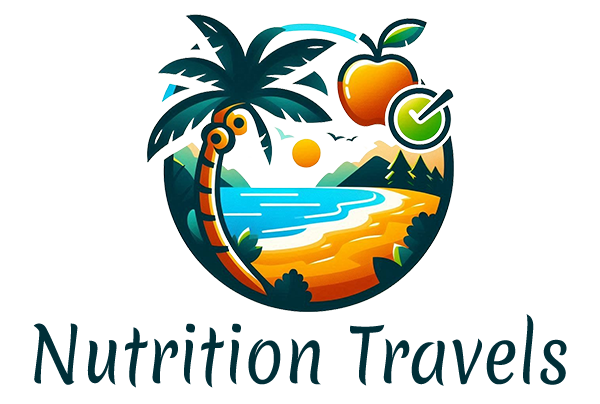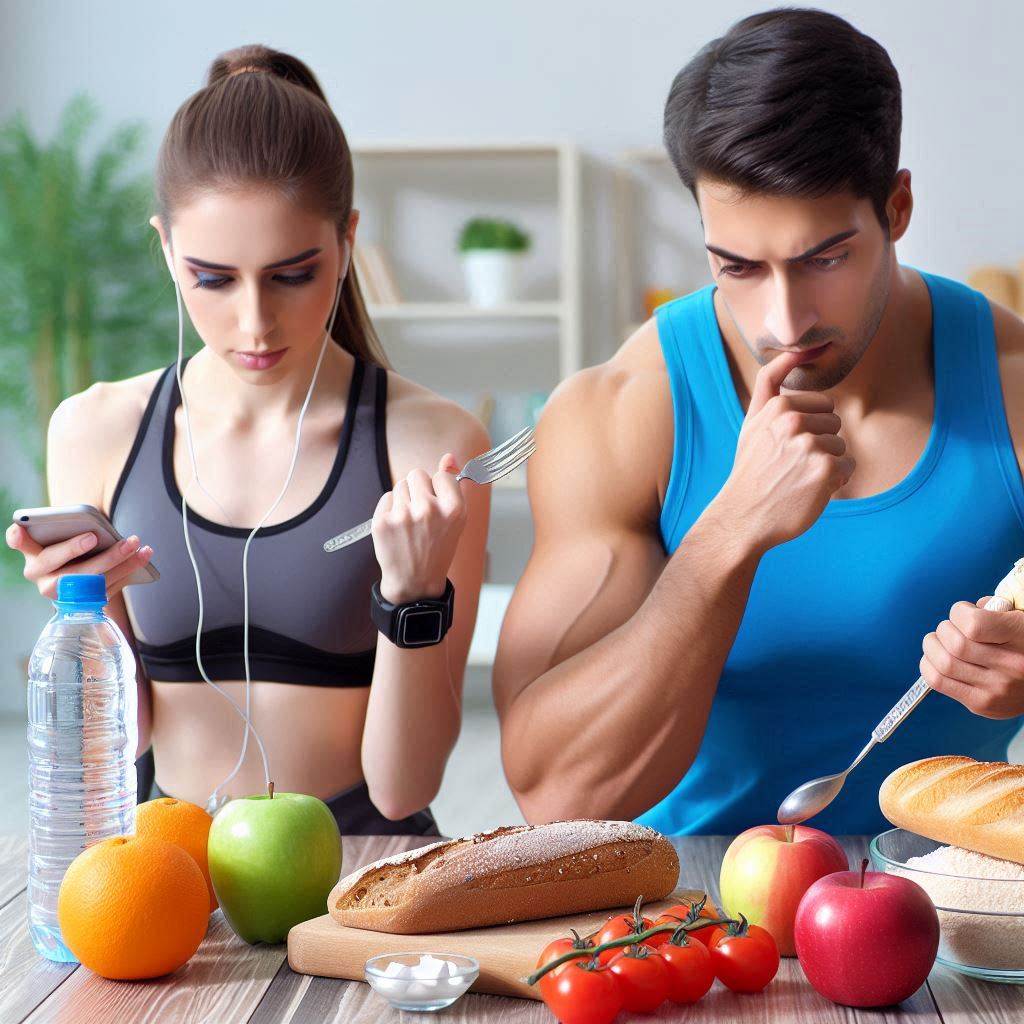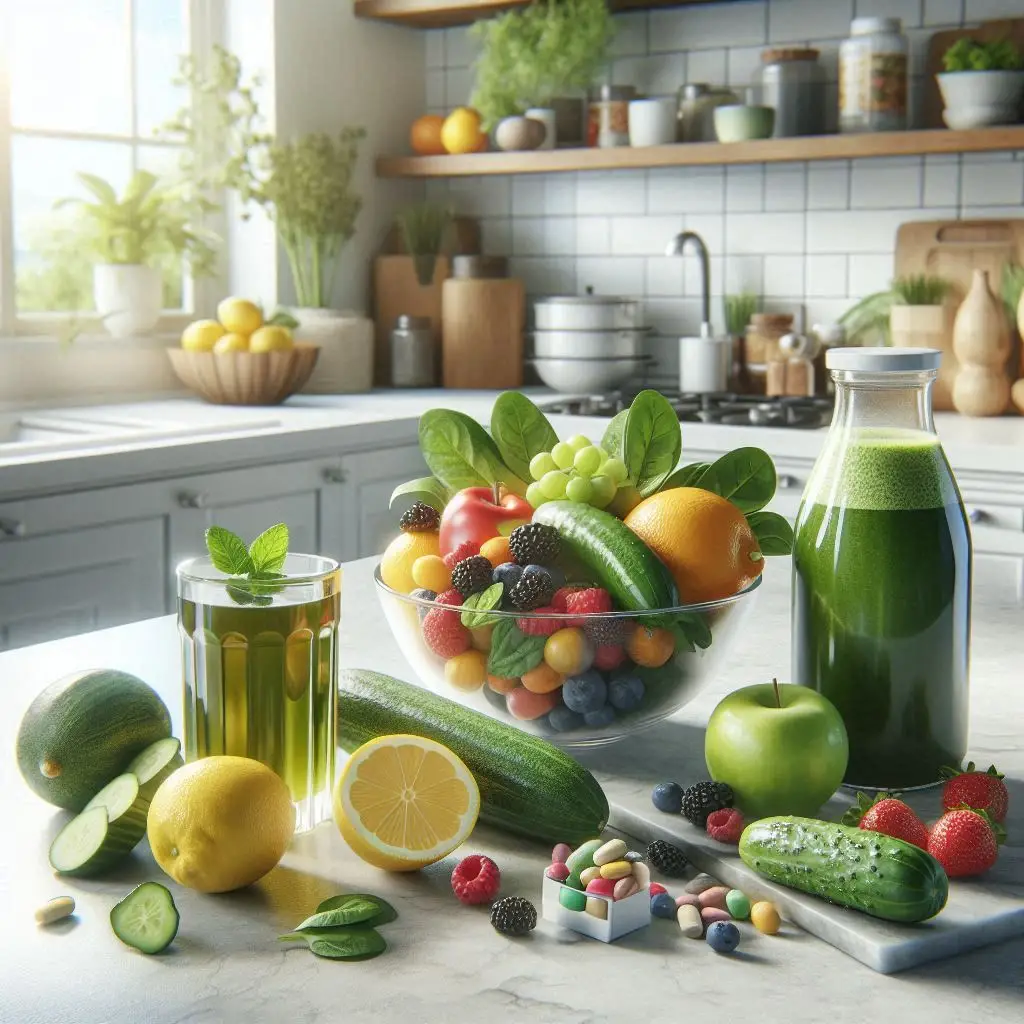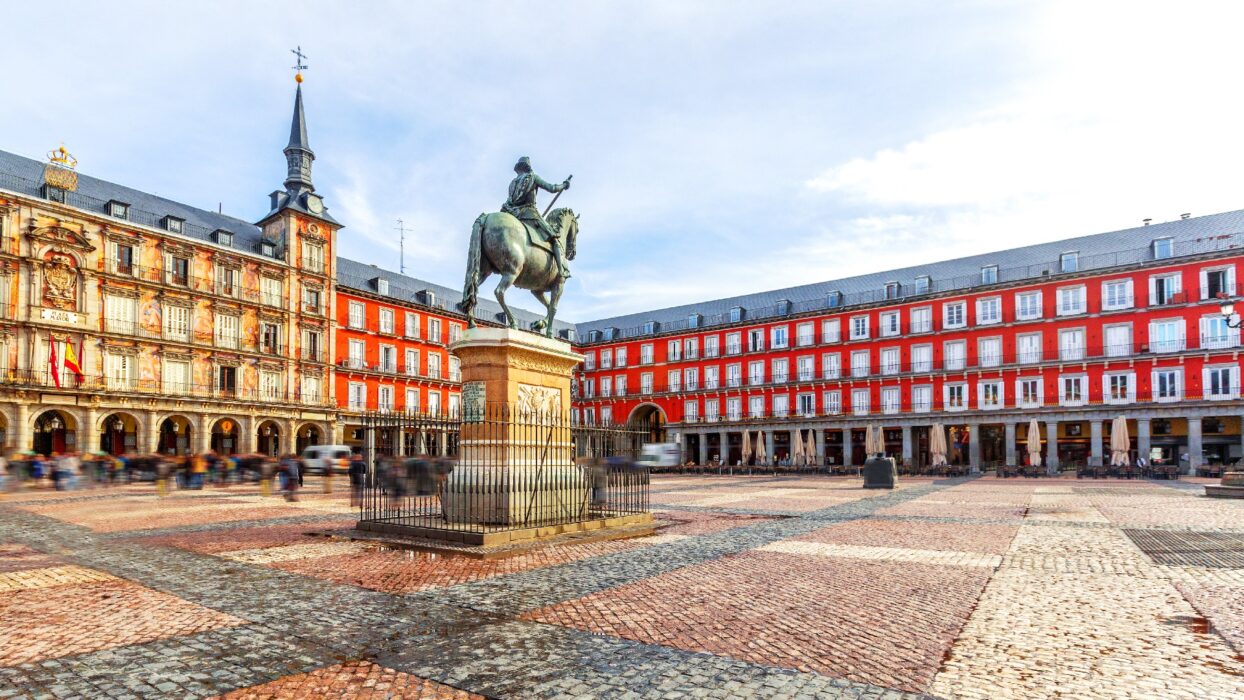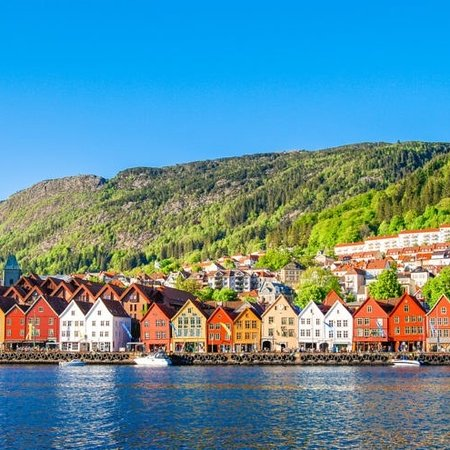Think of your blood as a delivery service. Its main job is to transport oxygen to every cell in your body. The “delivery truck” is hemoglobin, a protein inside your red blood cells.
When you don’t have enough hemoglobin or red blood cells, your body doesn’t get the oxygen it needs — and that’s when anemia strikes..
What is Anemia and Why Does it Happen?
Anemia occurs when the amount of hemoglobin or the number of red blood cells in the body decreases. Since hemoglobin is the protein that carries oxygen to every cell, when its level drops, unpleasant symptoms begin to appear.

Main causes include:
- Iron deficiency – the key for hemoglobin:
This is the most common cause of anemia. Without enough iron, your body can’t make enough hemoglobin to carry oxygen. This can happen if you don’t eat enough iron-rich foods, if your body can’t absorb iron well, or if your body needs more iron during times like growth or pregnancy. - Blood loss:
Losing blood also means losing iron and red blood cells. This can be sudden, like after an injury or surgery, or slow over time, such as heavy periods or bleeding in the stomach or intestines. - Fast destruction of red blood cells:
Normally, red blood cells live about 4 months, but in some cases they break down too early. This can be caused by inherited blood problems, certain diseases, or even some medicines. - Problems making red blood cells:
The bone marrow makes red blood cells, but some illnesses or treatments like chemotherapy can slow this process. - Pregnancy:
During pregnancy, the body needs more iron to make extra blood for the mother and baby. Without enough, anemia can develop quickly. - Poor nutrition:
A diet low in iron, vitamin B12, or folic acid means the body doesn’t have the building blocks it needs to make healthy blood.

Symptoms of Anemia — Is Your Body Sending You Signals?
Anemia often develops slowly, which means you might not notice any symptoms at first. However, as the condition progresses, your body starts to give clear warning signs that it’s not getting enough oxygen.
Common early symptoms include:
- Constant fatigue and weakness: You may feel tired even after a full night’s sleep because your body isn’t transporting enough oxygen to your muscles and organs.
- Dizziness or rapid heartbeat: When your blood carries less oxygen, your heart works harder to pump what’s available, which can cause a fast heartbeat or lightheadedness.
- Pale skin and cold hands or feet: Reduced blood flow and lower hemoglobin levels can make your skin look paler than usual and leave your extremities feeling cold.
- Headaches and shortness of breath: Your brain and lungs work harder when oxygen levels drop, which can lead to headaches and difficulty breathing, even during mild activities.
More severe symptoms may include:
- A swollen or sore tongue, or mouth sores: Low nutrient levels, especially iron or B vitamins, can cause inflammation in the tongue and small painful sores inside the mouth.
- Unusual cravings for non-food items: Known as pica, this can include cravings for ice, soil, or even paper, and is often linked to iron deficiency.
- Yellowish skin or eyes: This can happen when red blood cells break down faster than normal, releasing a substance called bilirubin that gives the skin and eyes a yellow tint.
Listening to these signals is important — catching anemia early means you can address it with diet and lifestyle changes before it becomes more serious.

The Role of Nutrition in Improving Anemia
Before you rush to buy supplements, remember — your kitchen can be your most powerful pharmacy.
The food you eat every day can make a huge difference in how your body produces red blood cells and maintains healthy hemoglobin levels.
To fight anemia effectively, your body needs three main nutrients:
- Iron – the main building block for hemoglobin, the protein that carries oxygen in your blood. Without enough iron, your body simply can’t make enough hemoglobin, no matter how healthy you feel otherwise. You can get iron from both animal sources (like meat, chicken, and fish) and plant sources (like lentils, beans, and spinach).
- Vitamin B12 – essential for producing healthy, well-formed red blood cells. A lack of B12 can cause anemia even if your iron levels are fine. This vitamin is mostly found in animal products like meat, dairy, and eggs, so people following a vegan diet may need fortified foods or supplements.
- Folic acid (Vitamin B9) – needed for the creation and repair of cells, especially red blood cells. Without enough folic acid, your body can’t make enough healthy cells, leading to anemia. Leafy greens, citrus fruits, and legumes are excellent sources.
When your diet includes enough of these nutrients:
- Your hemoglobin levels naturally rise.
- Your blood can carry more oxygen to your cells.
- You start feeling more energetic, alert, and active.
The key is to eat a balanced mix of foods so your body always has the “raw materials” it needs to build healthy blood. In many cases, simple changes to your meals can improve anemia without the need for high doses of supplements.

Best Foods to Fight Anemia
Eating the right foods can make a huge difference in fighting anemia and restoring your energy. The key is to focus on nutrients that help your body make healthy red blood cells and carry oxygen more efficiently.
- Iron-rich foods — the foundation for healthy blood
Iron is essential for producing hemoglobin. Without enough iron, your body can’t carry oxygen to your cells effectively.
- Animal sources (easier to absorb): Red meat (like beef or lamb), liver, chicken, and fish.
- Plant sources: Lentils, beans, chickpeas, spinach, pumpkin seeds, and raisins.
Tip: Pair plant-based iron with vitamin C foods (like lemon juice on spinach) to boost absorption.
- Vitamin B12-rich foods — for well-formed red blood cells
Vitamin B12 helps your body produce properly shaped and sized red blood cells. A lack of it can cause anemia even if your iron levels are normal.
- Found mainly in meat, fish, eggs, milk, yogurt, and cheese.
Note: If you follow a vegan diet, choose B12-fortified cereals, plant-based milk, or take a supplement.
- Folic acid-rich foods — for cell creation and repair
Folic acid (Vitamin B9) is crucial for making new red blood cells and repairing existing ones.
- Best sources: Dark leafy greens (spinach, kale), legumes (lentils, beans), and citrus fruits (oranges, lemons).
- Vitamin C — the iron booster
Vitamin C helps your body absorb iron more efficiently, especially from plant-based foods.
- Great sources: Oranges, lemons, strawberries, kiwis, tomatoes, and red bell peppers.
Tip: Have a glass of orange juice with your iron-rich meal for maximum benefit.
By combining these nutrients in your daily meals, you give your body everything it needs to fight anemia naturally and boost your energy levels.

Foods and Drinks to Limit
While some foods are beneficial, others can hinder iron absorption. For example:
- Coffee and tea: Reduce iron absorption.
- Dairy products: Calcium competes with iron for absorption.
- High-fiber or oxalate-rich foods: Such as spinach and chocolate, which may lower absorption.
Golden Tip: Pair iron-rich foods with vitamin C sources, and avoid tea or coffee for at least two hours afterward.

Examples of Iron-Rich Daily Meals
For better results, combine foods thoughtfully:
- Breakfast: Oatmeal with raisins and apricots + fresh orange juice.
- Lunch: Lentil and veggie rice bowl, or grilled chicken with arugula salad.
- Dinner: Grilled fish with broccoli, or sautéed liver with mixed vegetables.
Anemia isn’t a life sentence — it’s a sign that your body needs more care. Every meal is a chance to recharge your energy, rebuild your blood, and take back your vitality.
With Nutrition Travels, you’re not just eating… you’re investing in the healthy, energetic future you deserve.
Remember: What you eat today becomes the blood flowing through your veins tomorrow.
